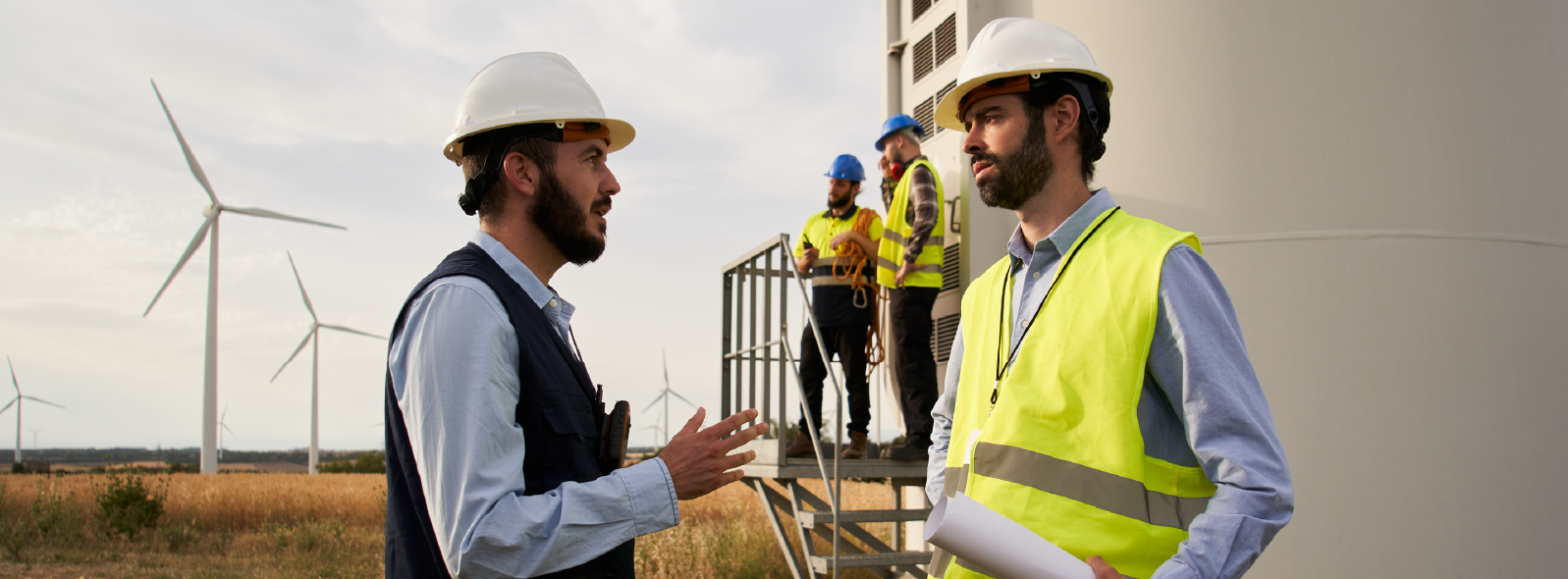Why be more sustainable?
Before delving into the easy ways to embrace sustainability in your trades business, let’s understand why it matters.
Doing your bit for the planet
By implementing sustainable practices, you actively participate in reducing greenhouse gas emissions, conserving resources, and minimising waste – which are vital steps towards creating a sustainable future.
Building a greener reputation
Consumers are increasingly conscious of the environmental impact of their purchases. Going green can enhance your brand’s reputation, attracting environmentally conscious clients who prefer eco-friendly businesses.
Cost savings
Contrary to the misconception that eco-friendly practices are costly, many sustainable initiatives can save you money in the long run. Energy-efficient lighting, smart energy management, and recycling can significantly lower operational costs.
Compliance and incentives
Governments and regulatory bodies are encouraging businesses to adopt sustainable practices. Many regions offer incentives, tax credits, or grants for businesses implementing green initiatives, making it a financially wise decision. Check with your state or territory government for information on green incentives.
Improved employee engagement
Embracing sustainability can boost employee morale and engagement. Millennials and Gen Z, who form a significant part of the workforce, value companies that prioritise environmental responsibility.
Future-proofing your business
Sustainable practices position your trades business for long-term success. As the world shifts towards sustainability, companies with eco-friendly policies will be better positioned to thrive in the changing landscape.
9 easy ways improve sustainability in your business
Embrace Renewable Energy
It’s not just your home that benefits from harnessing the power of the sun with solar panels. By investing in renewable energy sources, you can generate clean electricity for your business and even save on energy costs over time.
Reduce, Reuse, Recycle
Minimise waste by adopting a waste reduction approach. Encourage your team to recycle materials like metal, plastic, and paper. Embrace reusable products and reduce single-use plastics to make a big impact.
Conserve Water
Every drop counts! Fix leaks promptly, use water-saving fixtures, and educate your employees about water conservation. It not only helps the environment but also trims your water bills.
Opt for Sustainable Materials
Where possible – make mindful choices in your materials. Opt for eco-friendly and sustainable options when available or products made from recycled or renewable resources to reduce your ecological footprint.
Choose Green Transport
Encourage eco-friendly commuting options for your team, such as adding electric or hybrid vehicles to your fleet to reduce emissions and promote cleaner air.
Embrace Smart Energy Management
Integrate smart energy practices into your business. Use programmable thermostats, motion-sensor lighting, and energy-efficient appliances to save energy and lower costs.
Educate and Empower Your Team
Create awareness among your employees about sustainable practices. This can be as easy as putting reminders in the kitchen about recycling, or even them to come up with innovative eco-friendly ideas for the business.
- Eco-Friendly Packaging
If your business involves deliveries, choose eco-friendly packaging options. Biodegradable or recyclable materials show your commitment to sustainability to customers.
- Get Green Certifications
Obtaining green certifications can boost your credibility and show clients that you’re committed to sustainability. Look into certifications like Green Building Council Australia (GBCA) or Green Star ratings.
By incorporating these easy sustainable practices into your trades business, you’ll not only contribute positively to the planet but also create a reputation as an environmentally responsible company. Small steps can lead to significant change, and together, trades businesses can make a powerful impact on the planet’s well-being.















